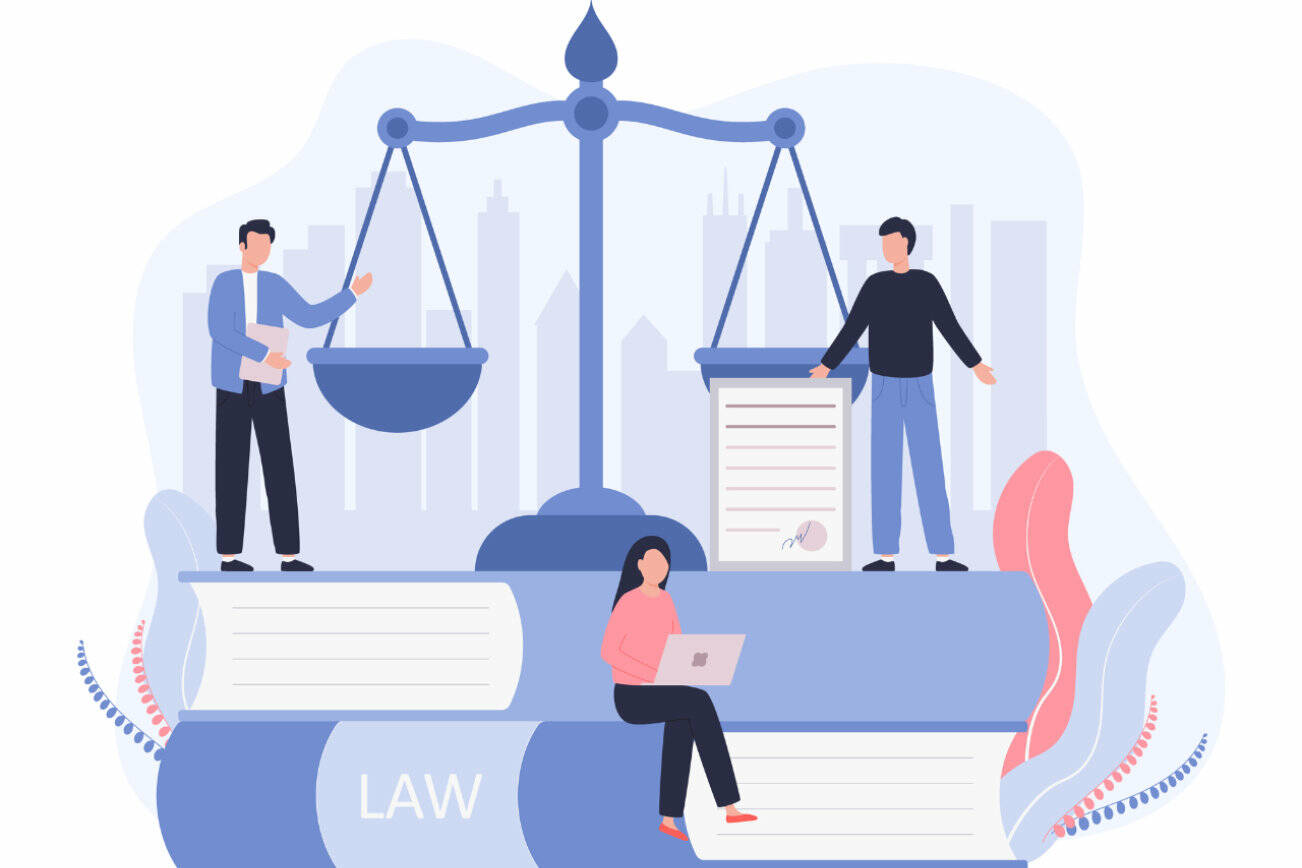It’s tax season in March and April, but in Tacoma, it’s always tax season.
Thanks to a new tax, Tacoma has the highest sales tax rate among major cities in the United States.
We’re number one!
You can see details here: tinyurl.com/IDX-Tacoma-salestax.
The short story, courtesy of The Tax Foundation, is that Tacoma has had a sales tax rate of 10.3% since July 1, 2023 when its one tenth of 1% sales tax increase to fund affordable housing projects went into effect.
That policy increased Tacoma’s sales tax from 10.2% to 10.3%, adding a dime to every $100 purchase. Which means that everything except food carries that tax burden.
Food is, at you might guess, complicated. You can see the fine print on taxes on food here: tinyurl.com/IDX-sales-tax-2.
The itemized version looks like this: The city of Tacoma imposes a state sales tax of 6.5% plus a local sales tax of 3.8%.
You can see a profile of taxes in various counties in Washington here: www.salestaxhandbook.com/washington/rates.
Most people I talk to don’t mind taxes if they meet two simple criteria; first, that they are fair, and second that they are used constructively.
Sales taxes are generally derided for being the most unfair. And up until 1977, even food was taxed in Washington state.
Editor’s note: The sales tax on food in Washington state was removed via Initiative. The vote was actually quite close — 54% for, 46% against. You can see the details here: ballotpedia.org/Washington_Initiative_345,_Food_Products_Sales_Tax_Exemption_Measure_(1977).
Five states don’t have sales tax at all: New Hampshire, Alaska, Oregon, Delaware, and Montana.
Income tax, by most criteria, is both the fairest and, since only high incomes are considered, on a per capita basis at least, the most productive — and the least punitive.
Nine states — Alaska, Florida, Nevada, New Hampshire, South Dakota, Tennessee, Texas, Washington and Wyoming — have no income taxes.
Alaska has very low state and local taxes overall, mostly thanks to taxes on extractive industries – especially oil and mining companies. New York state residents have a high burden because of combined income tax, sales tax and property taxes.
By most criteria, Washington state has had the most regressive tax code in the country.
The state legislature has been considering a ban on any future consideration of a state income tax.
Voters in the state have vetoed income tax proposals several times since 1933, according to the Washington Secretary of State.
Most recently, it happened in 2010 when voters rejected an initiative that would have established a state income tax for residents with annual incomes greater than $200,000. The 2010 initiative was supported by 36% of voters, while 64% voted against it.
If the taxable point would have been set higher, perhaps $500,000 or even $1,000,000 anually, the results might have been different.
Income taxes, like many taxes, are controversial. In our state, for example, with some of the wealthiest individuals in the country, if not the world, very few, if any of those individuals “earn” much of their income.
Those with the ability to pay taxes often prefer to invest in legislation to ensure that other people pay taxes. In this most recent case, three initiatives have been funded by Let’s Go Washington, a political action committee dedicated to repealing laws passed by the Democrat-led state Legislature.
Brian Heywood, a business owner from Redmond, has personally bankrolled the initiatives, spending more than $5 million to get them on the November ballot.
One initiative, Initiative 2111 would put a new law on the books that would ban the state along with cities, counties and other local jurisdictions from taxing any form of a resident’s personal income.
One has to wonder if the philosophy behind such a tax has any relevance to the purpose and ethics of taxes.
One of the irones is the rationale often used to defend/oppose taxes.
Some municipalities, for example, don’t have a sales tax on used items (as in from thrift stores) with the premise that any given item should not be taxed twice.
This seems like a move in the “fair” direction — in theory at least, those who shop at thrift stores have the least to pay, and should pay the least.
Those in high income brackets have the most to pay, and by most standards are only paying their fair share.
Another argument is that income tax is “punishing success”.
By that same criterion is a sales tax “punishing” shopping?
Is property tax “punishing” home ownership?
If we were consistent in tax policy (not a realistic expectation, I know) Social Security should not be taxed, and those with the least ability to pay would pay the least, and those with the greatest ability to pay should pay the most.
So-called “luxury” taxes (on alcohol, jewelry and tobacco for example) add a tax on non-essentials and are, essentially, voluntary — at least as opposed to sales tax on food or other necessities.
My bias is that the majority of tax revenues should be (relatively) voluntary. I would put lotteries in the voluntary category.
The ever fluctuating, multi-faceted balance between fairness, consistency, productive and meeting budgetary needs is many levels more complicated than any individual family budget. And we all know how challenging that can be.






